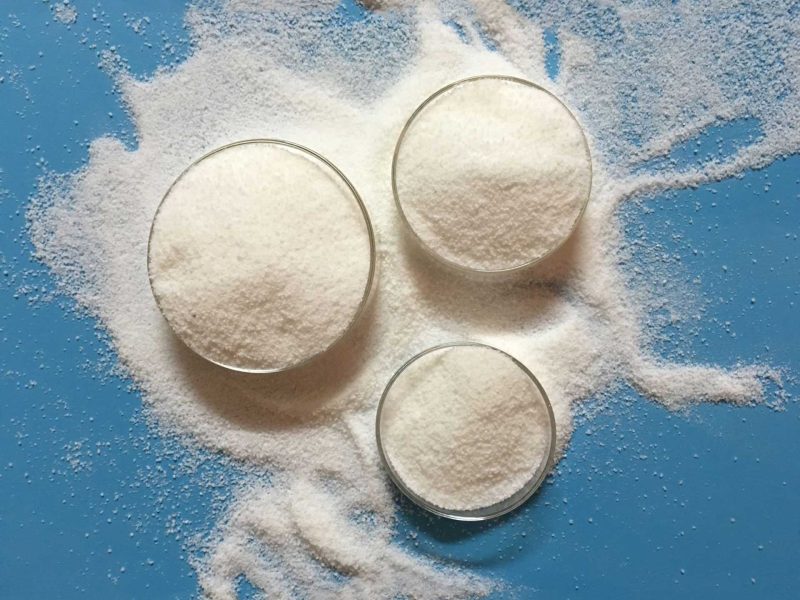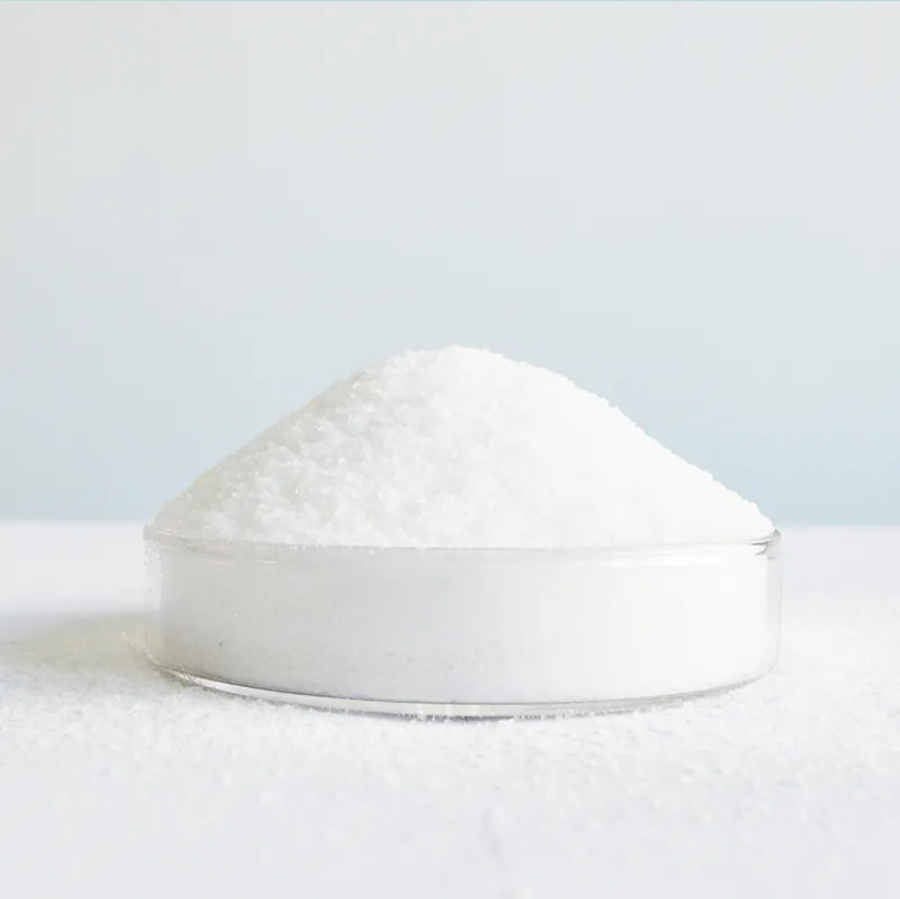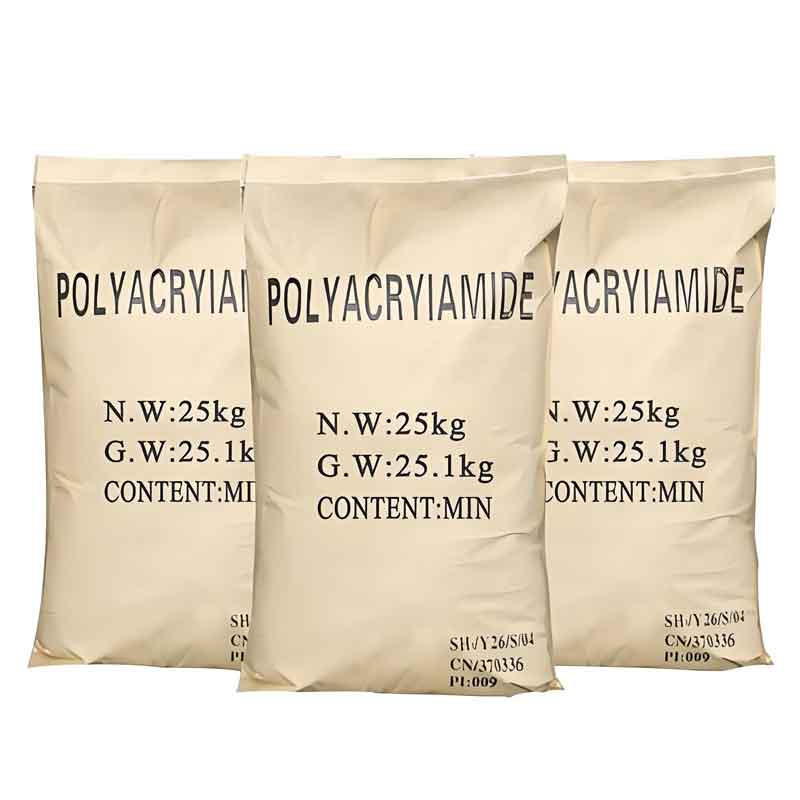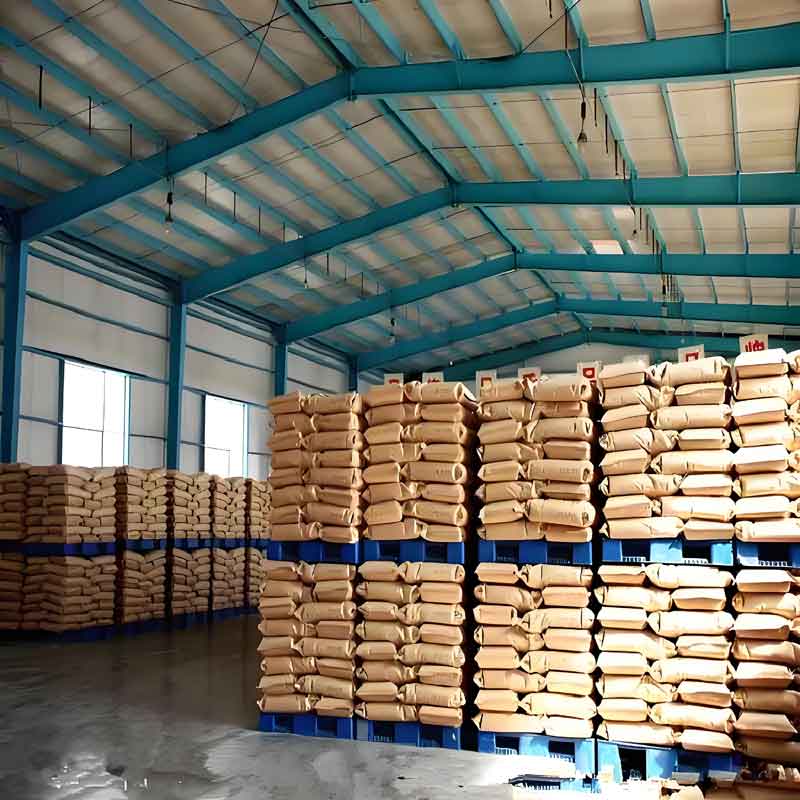
Contents
- 1 Pick the Perfect PAM: Your 1-Minute Guide to Polyacrylamide Selection
- 2 Know Your PAM Types:
- 3 Quick Selection by Application:
- 4 Selecting the Right Cationic PAM (For Advanced Users):
- 5 Choosing the Right Anionic PAM (For Advanced Users):
- 6 Conclusion: Pick the Perfect PAM: Your 1-Minute Guide to Polyacrylamide Selection
- 7 FAQs
- 8 Water Treatment Simplified: How WaterCareChem Can Be Your One-Stop Shop
Pick the Perfect PAM: Your 1-Minute Guide to Polyacrylamide Selection

Choosing the right polyacrylamide (PAM) can make a huge difference in your water treatment process. The wrong type can lead to higher costs, wasted time, and ineffective treatment. But fear not! This quick guide will equip you to select the perfect PAM for your needs in just one minute.
Know Your PAM Types:
There are four main PAM categories, each with its strengths:
- Anionic PAM: Best for flocculating wastewater, improving sedimentation, and dewatering inorganic sludge.
- Cationic PAM: Ideal for complex water bodies, decolorization, organic sludge dewatering, and urban sludge.
- Non-ionic PAM: Great for soil water retention, flocculation in weakly acidic wastewater, and sedimentation.
- Amphoteric PAM: Combines properties of both anionic and cationic PAM for a wider range of applications.
Remember: Price isn’t everything! Choose based on water quality and specific treatment needs.

Quick Selection by Application:
- Wastewater flocculation, sedimentation, or inorganic sludge dewatering? Go with anionic PAM.
- Dewatering complex water bodies, organic sludge, or urban sludge? Cationic PAM is your friend.
- Need soil water retention or treating weakly acidic wastewater? Non-ionic PAM has you covered.
- Strong alkaline sludge? Skip cationic PAM. Strong acidic sludge? Avoid anionic PAM.
- High solid content in sludge? You’ll likely need more PAM.
Selecting the Right Cationic PAM (For Advanced Users):
- Consider ionic degree: Choose an available option based on your sludge type and conduct small-scale tests to find the perfect match.
- Simple Beaker Test: Observe floc size, water content, mixing efficiency, and solubility to determine the best fit.
Choosing the Right Anionic PAM (For Advanced Users):
- Molecular weight matters: Different molecular weights work better for specific applications. Conduct a beaker test to compare options.
- The Beaker Test Breakdown:
- Take at least 3-5 samples of raw sewage water (100ml each).
- Prepare diluted PAM solutions with different molecular weights.
- Add each solution to a labeled beaker and stir under standard conditions.
- Observe settling speed and floc size. Select the two best-performing samples.
- Compare the two finalists by re-dosing and measuring required PAM amount. The sample needing less is your winner!

Conclusion: Pick the Perfect PAM: Your 1-Minute Guide to Polyacrylamide Selection
Selecting the right PAM optimizes treatment efficiency and saves money. By understanding PAM types and conducting simple tests, you can make informed decisions for your water treatment needs.
FAQs
1. What are the major PAM categories? Anionic, cationic, non-ionic, and amphoteric.
2. How do I choose the right PAM for wastewater treatment? Anionic PAM is commonly used for flocculation and sedimentation in wastewater treatment.
3. Can cationic PAM be used for all sludge types? No, caution is advised for strong alkaline or acidic sludge.
Water Treatment Simplified: How WaterCareChem Can Be Your One-Stop Shop
Water treatment shouldn’t be a headache. At WaterCareChem, we’re your trusted partner for all your water treatment chemical needs. We offer a comprehensive range of high-quality chemicals, from essential products to advanced solutions for specific applications.
Our team of water treatment specialists has the knowledge and experience to help you choose the right chemicals for your unique needs. We can answer your questions, provide technical support, and ensure you get the best possible results.
Don’t just settle for any water treatment chemical supplier. WaterCareChem is committed to providing exceptional customer service, competitive pricing, and reliable delivery so you can focus on what matters most – achieving optimal water quality.
- Extensive product range: Cater to a wide range of water treatment needs.
- Expert knowledge: Provide technical support and guidance.
- High-quality products: Ensure optimal water treatment results.
- Competitive pricing: Offer cost-effective solutions.
- Reliable delivery: Guarantee timely arrival of chemicals.
- Exceptional customer service: Prioritize customer satisfaction.
Contact WaterCareChem today to Request a Quote, and see how we can be a valuable partner for your water treatment chemical needs.
Last Updated on 2024-07-26 by system
